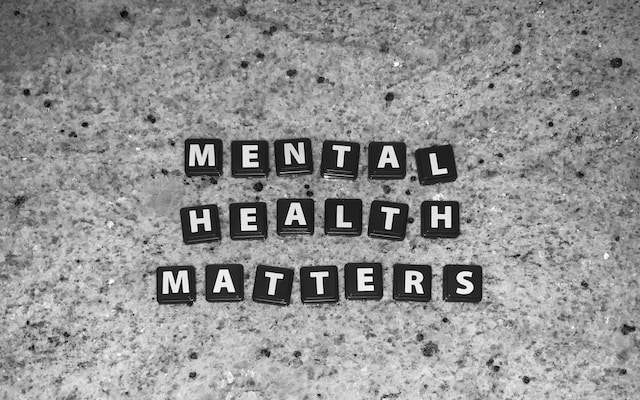While often overlooked, mental health is an integral facet of our overall well-being, influencing our thoughts, behaviors, and interactions with the world around us. Amid a global pandemic and an array of personal challenges, many individuals have grappled with mental health difficulties, impacting their ability to function optimally and engage fully with life. Enhancing mental health can lead to profound transformations, laying the foundation for clear thinking, effective decision-making, and meaningful engagement with others. Good mental health enriches every facet of our daily experiences. Here are some comprehensive strategies for nurturing mental well-being:
Fostering Social Connections
Human beings are inherently social creatures. Forming and maintaining meaningful relationships can bolster our mental health by providing a sense of belonging, shared understanding, and mutual support. It’s not just about being around people; it’s about creating connections that feed our emotional and psychological well-being. Engaging in regular social activities, be it meeting friends for coffee, joining a club or group with shared interests, or even making time for a quality conversation with a loved one, can help alleviate stress, enhance mood, and offer a refreshing break from the demands of everyday life.
Embracing Physical Wellness
The mind and body are intricately linked, and physical health can significantly impact your mental well-being. Regular physical activity improves physical health and confers substantial mental health benefits. Exercise stimulates the release of endorphins, serotonin, and dopamine, chemicals in the brain that act as natural mood lifters. They help reduce feelings of stress, anxiety, and depression while enhancing cognitive function and promoting better sleep.
Complementing regular exercise with a balanced diet is equally important. Nutrient-rich foods can improve brain function, mood, and energy levels. Certain nutrients, such as Omega-3 fatty acids, B vitamins, and antioxidants, enhance brain health and boost mood. The adage “you are what you eat” holds water regarding mental health issues.
Seeking Support When Needed
In recent years, society has witnessed a heightened level of chronic stress, exacerbated by factors such as pandemic-induced isolation, economic uncertainties, and changes in daily routines. It’s essential to recognize that struggling with mental health issues is not a sign of weakness, and there’s no need to face these challenges alone. There are ample resources available, from professional mental health services like therapists and counselors to supportive communities, both online and offline.
Talking to someone about your feelings and experiences can be profoundly therapeutic. It offers an outlet for your emotions, helps you gain new perspectives, and significantly alleviates anxiety and distress. Contact a trusted friend, family member, or mental health professional if you feel overwhelmed.
Additionally, in the age of technology, teletherapy, and online counseling platforms are gaining popularity. They offer convenient and accessible mental health support right at your fingertips.
Fostering robust mental health is a multifaceted endeavor involving active social engagement, physical wellness, and a willingness to seek help when needed. As we navigate these challenging times, let’s remember to prioritize mental health, supporting ourselves and others in this journey towards overall well-being.
Dr. Barbara R. Edwards, Princeton Internist, practices at Penn Medicine Princeton Health in the Penn Medicine Princeton Medical Center. She is also the Academic Director for the Ambulatory Residency Program at Penn Medicine Princeton Health.


